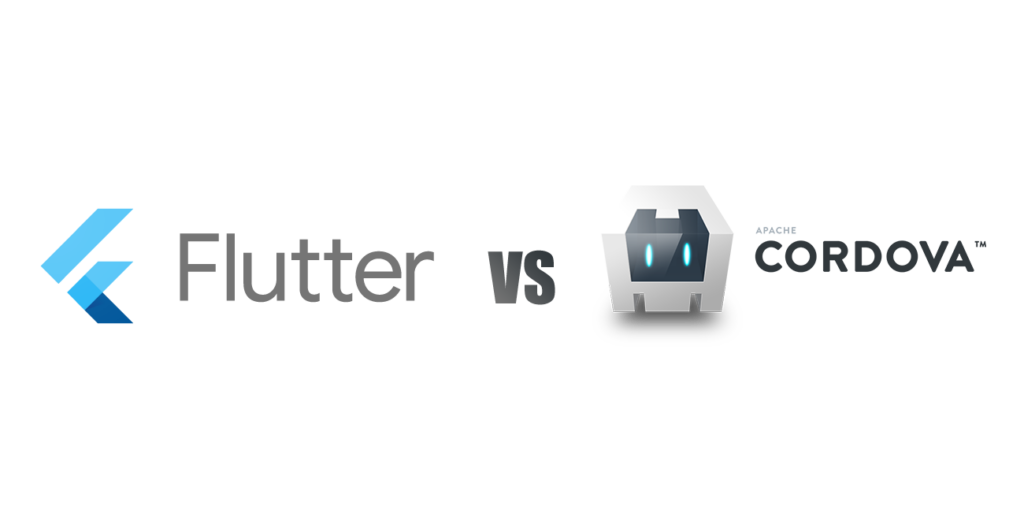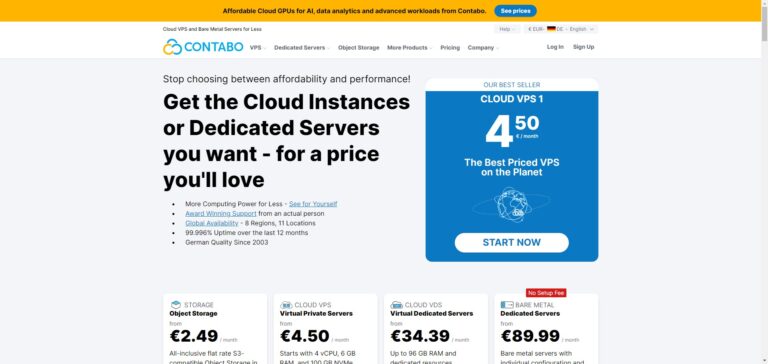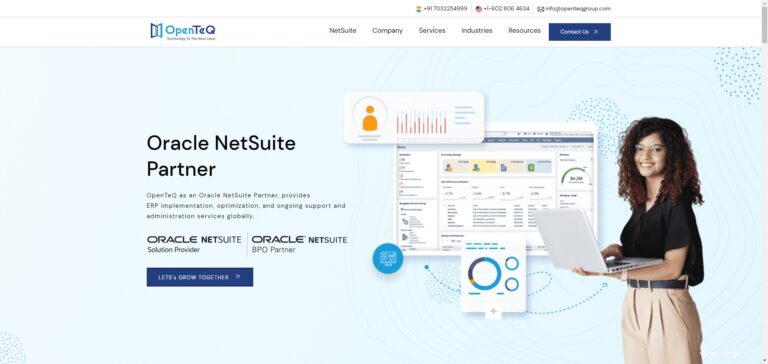Flutter vs. Cordova: A Comprehensive Comparison for Application Development

Introduction
When it comes to cross-platform application development, developers have several options to choose from. Two popular frameworks in this space are Flutter and Cordova. Flutter, developed by Google, and Cordova, formerly known as PhoneGap, offer different approaches to building applications. In this article, we will compare Flutter and Cordova, highlighting their advantages, disadvantages, and other important factors to consider when choosing between them.
Performance and User Interface
Flutter, built using Google’s Dart programming language, offers a native-like performance and a smooth user interface. It uses a rendering engine that eliminates the need for platform-specific UI components, resulting in consistent UI across different platforms. On the other hand, Cordova uses web technologies (HTML, CSS, JavaScript) wrapped in a WebView, which can sometimes result in performance limitations and inconsistent UI experiences.
Advantage
Flutter provides superior performance and a highly customizable UI.
Development Productivity
Flutter’s hot reload feature allows developers to see changes instantly, speeding up the development process. It provides a rich set of pre-built UI components (widgets) and a declarative UI approach, making it easier to build complex UIs. Cordova, being based on web technologies, benefits from the extensive availability of web development tools, libraries, and resources, which can increase development productivity.
Advantage
Flutter offers faster development iterations with hot reload, while Cordova leverages a vast web development ecosystem.
Native Access and Plugin Support
In terms of accessing native device features and incorporating platform-specific functionalities, Flutter relies on a plugin system. While Flutter has a growing number of plugins, it might not cover all the native features or APIs required for specific use cases. Cordova, being a wrapper around WebView, has a larger number of available plugins, allowing seamless integration with various device capabilities.
Advantage
Cordova provides broader access to native device features through its extensive plugin ecosystem.
Community and Ecosystem
Flutter has gained significant popularity and has a growing community of developers. It benefits from continuous updates and improvements, providing robust documentation and support resources. Cordova, with its longer history, has a large and established community, extensive plugin support, and a wide range of existing resources and tutorials.
Advantage
Cordova has a mature community and a wealth of existing resources, while Flutter’s community is rapidly expanding, offering frequent updates.
Platform Support
Flutter supports iOS, Android, web, and desktop platforms (Windows, macOS, Linux) out of the box. It provides a consistent experience across all platforms. Cordova, being based on web technologies, can target a wide range of platforms, including iOS, Android, Windows, macOS, and more.
Advantage
Flutter provides a unified and consistent experience across platforms, while Cordova offers broader platform support.
Conclusion
Choosing between Flutter and Cordova depends on factors such as performance requirements, development productivity, native access needs, community support, and target platforms. Flutter excels in performance, UI flexibility, and fast development iterations, but might have a smaller plugin ecosystem. Cordova leverages web technologies and a mature community, making it suitable for projects requiring broader native access. Assessing your project’s specific needs and considering these factors will help you make an informed decision on which framework is best suited for your application development journey.
Listings Related to the Article: Flutter vs. Cordova: A Comprehensive Comparison for Application Development
Contabo
Contabo stands out as a premier web hosting and cloud service provider, offering unparalleled computing power at an exceptionally competitive cost. With a commitment to customer satisfaction, Contabo provides award-winning support delivered by real people, not automated bots.
- Category
- Computers » Internet » Web Hosting
OpenTeQ
OpenTeQ is a proficient software development firm with a worldwide presence and extensive proficiency in providing customized software development services and technology solutions.
- Category
- Computers » Companies » Software Development
Alison
Access free online courses with certification on Alison.com. Join a community of 6 million graduates and enhance your career.
- Category
- Reference » Education » Distance Learning
More Articles Like: Flutter vs. Cordova: A Comprehensive Comparison for Application Development
Understanding Apache Cordova
Apache Cordova, formerly known as PhoneGap, is an open-source mobile development framework that enables developers to build mobile applications using web technologies such as HTML, CSS, and JavaScript. It allows for the creation of cross-platform mobile applications, meaning a single codebase can be used to deploy apps on multiple mobile platforms, including Android, iOS, and others. Apache Cordova […]
The Evolution of Libraries: Are They Still Relevant in the Digital Age?
Libraries have long been regarded as the cornerstone of education and knowledge dissemination. Traditionally, these institutions housed an extensive collection of books, providing communities with access to a vast reservoir of information. However, as we navigate the ever-changing landscape of the digital age, the relevance of libraries has come into question. In this article, we’ll […]
Virtual Network Computing (VNC) vs. SSH: Understanding the Differences
In the world of remote access and control, Virtual Network Computing (VNC) and Secure Shell (SSH) are two popular and powerful tools that allow users to connect to and manage remote systems. While both VNC and SSH serve similar purposes, they have distinct differences in terms of their functionality, security, and use cases. In this […]






